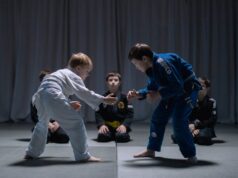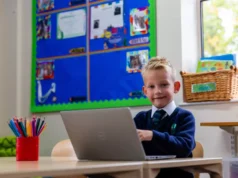
Having to send your child off to preschool is challenging. Given that preschool is for kids aged three to five, it might be overwhelming for them and yourself. So, to prepare your children to take a step toward formal education, you need to plan effectively.
But before getting into the preparation, start by understanding why sending your child to preschool is vital. Children get a strong foundation in general life skills, pre-academic skills, and social skills when they interact with their peers. Preschool also offers children the opportunities to learn in ways that would spark their interest. So, in the end, kids will have the drive to learn and take these lessons throughout their life. It builds the foundations for future success.
Decision-making skills play a significant role in growth, and it is apparent that preschool helps harness this skill. In preschool learning, kids get to choose activities they enjoy and love.
So, if you are looking for opportunities to help your kids explore their interests, you might need to send them to a preschool Charlotte NC. Given that sending your children to preschool might be overwhelming, this article offers a guide to prepare your child for preschool.
Establish A Routine
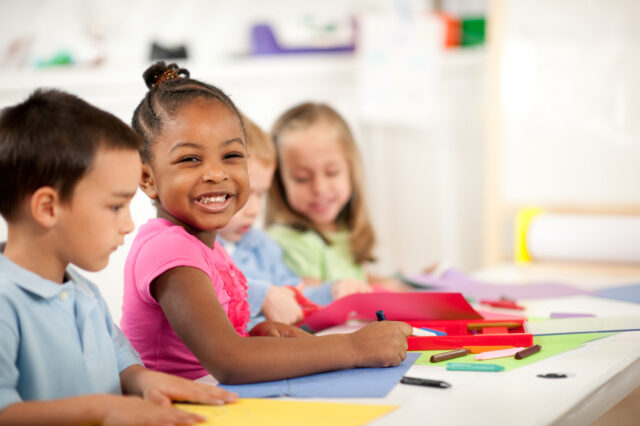
Routines make kids feel in control of their environment as their daily activities will be familiar to them. So, before your kid starts preschool, curate an easy routine that allows them to act responsibly. This routine should run for several weeks before school starts to ease your child’s transition to the preschool structure and learning.
This routine will allow your child to learn about order and being systematic. It will also give your child the time to adjust and prepare mentally for the day ahead. Begin by being consistent with their morning and bedtime routines.
Having specific things to do in the morning or at bedtime will also give your child a sense of belongingness. For instance, for your child’s morning routine, help them make their bed, get dressed, eat breakfast, and brush their teeth before leaving.
Consider making the routine visual by making a chart with tasks and picture attachments. As for bedtime routines, please allow your child to pick their outfit, take a bath, change into pajamas, read, brush their teeth and get hugs and kisses before lights out.
Play It Out
Preschool kids are known to enjoy pretend play. Thus, apply the pretend play method to help your child get familiar with preschool activities. Start by taking turns acting out different scenarios with your child. For instance, you can start by pretending to be going to school and sitting with other kids.
You can also switch roles and let your child be the teacher, as it’ll help them think of school as fun and interactive. Some more pretend play options include playing games, reading stories, and making snacks.
Communicate And Acknowledge Their Feelings
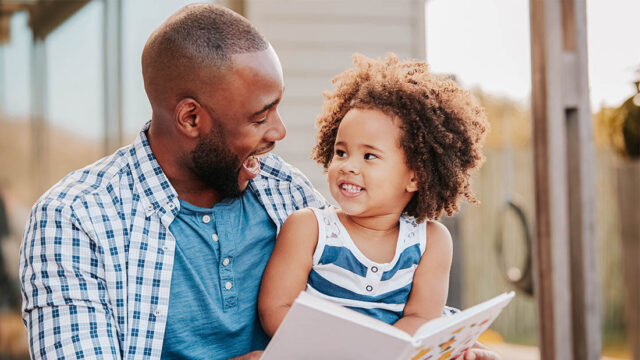
Even though starting preschool is an exciting adventure, it is normal for your child to experience different feelings. Among these feelings is separation anxiety for the first few weeks during drop-off.
So, take time and listen to your child’s feelings about going to school while staying positive. Reassure your child that those feelings are normal and valid. Make them understand that they just started something new, which can be scary but is worth the while.
It is inevitable that during these conversations, your child may cry. When your kids cry, avoid feeling anxious as kids tend to pick up from those feelings. Consider giving your kid a breakdown of what to expect during the day. It is also best to always keep your goodbyes short and avoid lingering.
Visit The Preschool
Reach out to your child’s preschool and schedule a visit if possible. These visits should be scheduled before school begins. You can visit your kid’s classroom and meet their teacher. They will be familiar with the place by showing your kid the classroom and talking about what they should expect.
Work On Fine Motor Skills
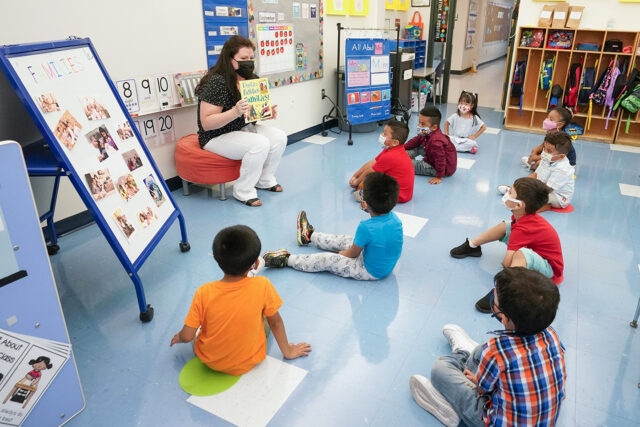
Preschool is a big leap for every child, especially knowing that fostering a sense of independence is one of the prime goals for sending them there. So, to ease the process, help your child to develop motor skills. These motor skills can help your kids perform basic tasks without assistance, such as using the restroom, washing hands, doing a fun craft, putting on shoes and socks, and using utensils.
Consider using modeling clay with your kid to make shapes and letters by making it into a fun little game. This practice will prepare your kid for future writing tasks in school. Alternatively, you can provide your little one with play-doh as it gives the child an idea of proper hand placement.
Read To Your Child
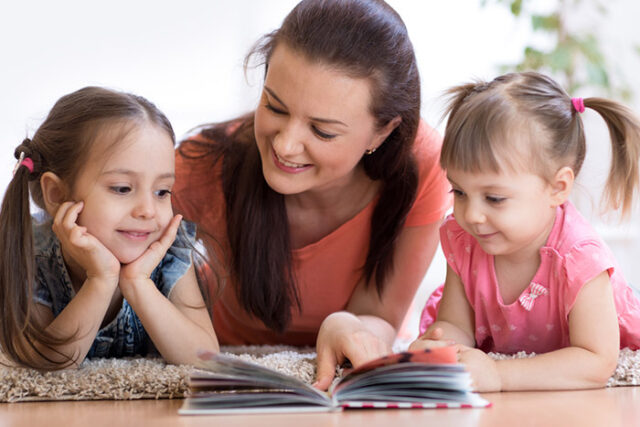
There are numerous books suitable for preschoolers that you can read to your child before they officially start. Some great choices include Llama Llama Misses Mama, Little School, The Kissing Hand, and Maisy Goes to Preschool.
Reading these types of books to your kid will not only help them understand what to expect, but it’ll also foster a love for reading. The more your child enjoys reading, the larger their vocabulary grows.
So, before starting preschool, it would be better to have reading materials at hand. With time, you can find alternative books that pique the kid’s interest and help them learn a wider range of vocabulary that may be helpful for preschool learning.
Utilize Teachable Moments
With children being curious, you can take this preparation period as a moment to teach them new things constantly. So, recount your preschool days and tell these stories to your child. You can also explain how you felt and the memories you made in detail.
Help your child develop empathy and gain awareness towards others. You can engage your child by asking basic questions that allow learning to occur naturally.
Bottom Line
Preparing your child for preschool relies heavily on being organized and being hands-on during the process. So, once you get the routine down, find ways to help your kids gain a sense of responsibility, be confident to interact with their peers, and develop a willingness to learn. Now, sending your child to preschool may be daunting, but it’ll get better once your kids adapt to their environment. So, stay prepared to make it easier for you and your child!




